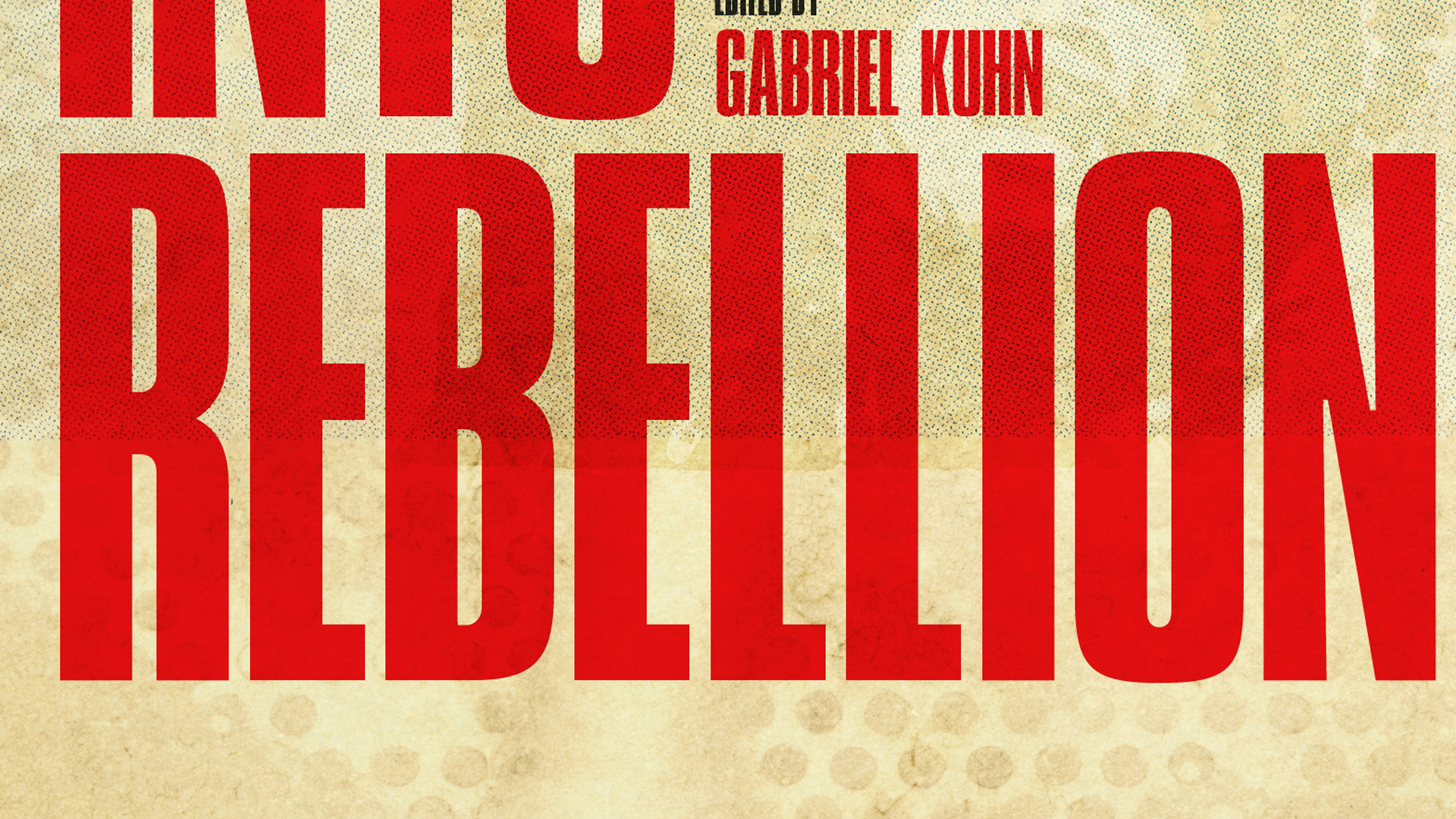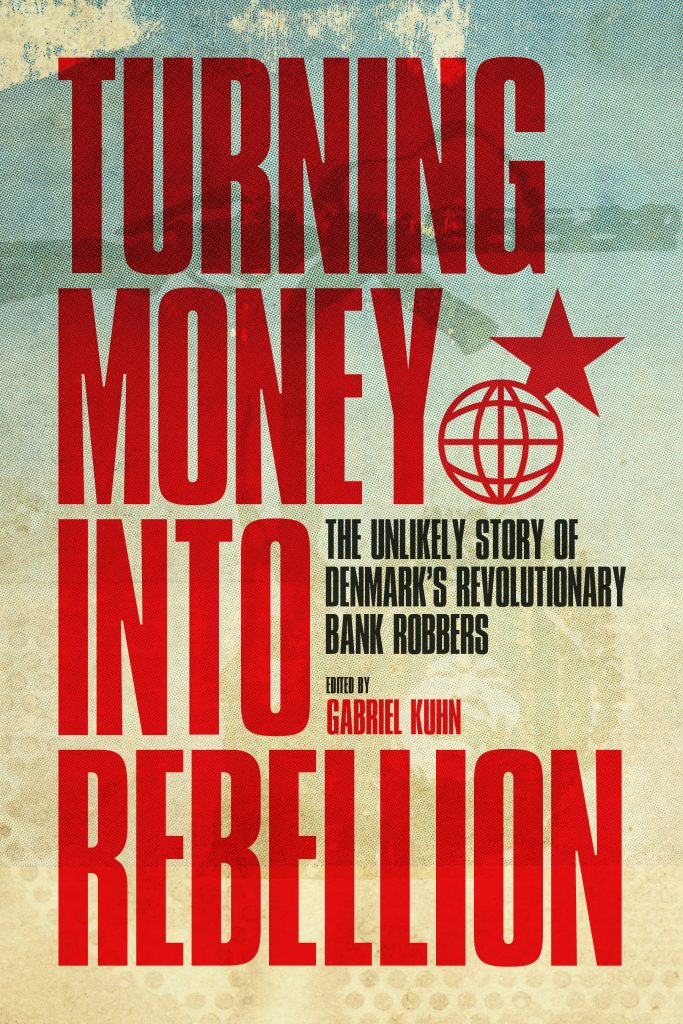By Timothy Kerswell
Journal of Labor and Society
28 March 2017
Turning Money into Rebellion is a collection of writings which cover the history, philosophy, and activities of the Danish Maoist-Third Worldist movement. In the mainstream press, this group were known as the Blekingegade Street Group, but to themselves they were known as Manifest-Kommunistisk Arbejdsgruppe or M-KA, a group which traces its history to the Kommunistisk Arbejdsgruppe (Communist Working Circle) or KAK which the group had separated from. The KAK itself had split from the Danish Communist Party as a result of its leader, Gotfred Appel being expelled from the party for Maoist tendencies. The book presents a great overall sketch of the currents of the Danish left wing and the debates that would propel a unique group of activists on a remarkable journey.
The group’s story is a unique tale of selfless internationalism. Both testimony of former members of M-KA and former party documents explain the group’s ideological commitment to the “Parasite State Theory” first developed by Gotfred Appel. This theory suggested that the overwhelming transfer of value from the exploited third world to the imperialist first world meant that there was no social base for revolutionary change in the first world. M-KA and its activists answered the question of what first world communists should do through their praxis.
By day they worked as regular office workers and in their remaining time they would conduct internationalist activities, arranging clothes for refugee camps in Africa run by liberation movements and most famously robbing Danish banks and sending the money to third world liberation movements in Namibia, Angola and Occupied Palestine, before finally being arrested in 1989 and serving long prison sentences.
Whatever the reader’s opinion is of Maoism-Third Worldism, the story that is compiled by Kuhn and narrated by Lauesen and Weimann is one of utterly selfless internationalism, and of people who lived their beliefs. The reader cannot help but be inspired by this story of a group who placed themselves at personal risk, amassing enormous amounts of wealth only to donate it to worthy anti-imperialist causes.
There are three basic sections of the book. In the first section, the editor Gabriel Kuhn, presents an introduction to the Blekingegade Group. This is followed by an article from some of the group’s members, Niels Jorgensen, Torkil Lauesen, and Jan Weimann. Jorgensen sadly passed away in 2008 but was a key member of the group and contributed significantly to one of the chapters.
Kuhn then proceeds to conduct an interview with Torkil Lauesen and Jan Weimann which allows for a deep exploration of the story of their beginnings as political activists, their days in KAK, contacts with the Popular Front for the Liberation of Palestine, political debates over the Sino-Soviet split, the split of M-KA away from the KAK and the associated political debates, and relections on their “illegal practice.”
The book is certainly no nostalgic tour through the past with Lauesen and Weimann often being openly self-critical of aspects of their work and the limits of Leninist “What Is To Be Done?” answers in politics. The anti-imperialist currents of the world, and particularly those in the imperialist countries, would do well to learn from the experiences that Lauesen and Weimann have to share.
The final section of the book is an archive of key documents in the philosophical history of M-KA, starting with the exposition of the parasite state theory by Gotfred Appel and moving into a discussion of the foundation of KAK as well as position papers by M-KA on what they believed communists in imperialist countries should do. The collection of these documents is an important contribution to the history of political ideology and enables a better understanding of one of the earliest forms of Maoism-Third Worldism.
This is a book that should be of interest to all who are interested in anti-imperialist and socialist politics. Gabriel Kuhn has compiled a fascinating account from a group whose contribution to Marxism and internationalism should receive a greater degree of appreciation and recognition than is given to them. In an age of Twitter and Facebook “solidarity,” Turning Money Into Rebellion is a timely reminder that “Solidarity is something you can hold in your hands.”
Biography
• Timothy Kerswell is Assistant Professor of Government and Public Administration at the University of Macau. Address correspondence to: Timothy Kerswell, E21 Faculty of Social Sciences, Av. da Universidade, Taipa, Macau SAR, China. E-mail: [email protected].







